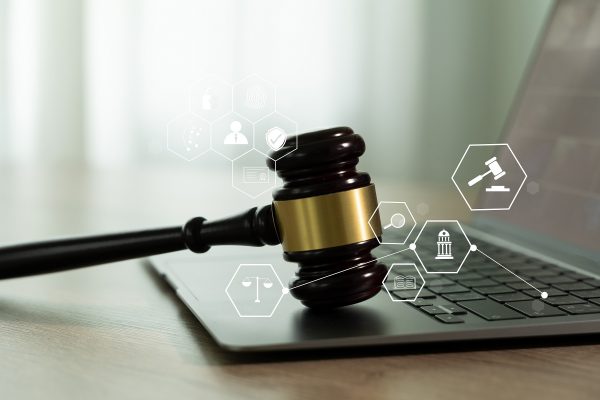We may all recall some of Shakespeare from our school days, but to disclose or not to disclose in civil proceedings is a very important matter.
Recently, in a case for one of our members, a document had been requested prior to any claim commencement. Normally, we would consider this to be a “fishing” exercise and not something that could prove any form of assistance. However, think again… the general rules of disclosure within court proceedings are that each party has a duty to disclose to the other the documents that they have in their care and control, even if they are detrimental.
In our member’s case, a claim had not yet been issued but the proposed claimant sought a certain document from our member, who had decided the document was unimportant and not worth bothering with. The resulting problem was that our member found themselves facing an application under civil procedure rule 31.16, which provides that on application before a claim commences if the party is likely to be a party to subsequent proceedings and a request has been asked of them to disclose a document, then the court can order that the document is disclosed. If the document is no longer in the party’s control, they must provide an explanation to the court. As with most applications, costs follow the event, and unfortunately, our member had to pay costs, but they did avoid paying more than they should have because we were able to resolve the matter without the need for attendance at court so saving on this fee, the preparation fee for the other party, and the litigation fee.
That said, it was still a costly error to make.
It is imperative that you know what is required to be disclosed, when to disclose the documents, and what your legal duty is both before proceedings and when a claim is issued.
A document for these purposes means anything in which information of any description is recorded. When considering disclosure with us, any correspondence that has passed between our members and ourselves, including attendance notes of our conversations will not be disclosed because they are protected by privilege. However, other documents central to the case such as a sales invoice, experts report, and pre-delivery inspection records all amount to disclosure.
The above serves as a helpful reminder that if you are asked for a document before court proceedings commence, please take legal advice, it could save you a packet.
Now, back to more Shakespeare…

Composer is a next-gen automotive platform that has been designed from the ground up to give you an intuitive way to promote your stock. You have extensive stock management options, and you'll gain a brilliantly responsive new website to advertise your stock, starting at just £39.99/month.








